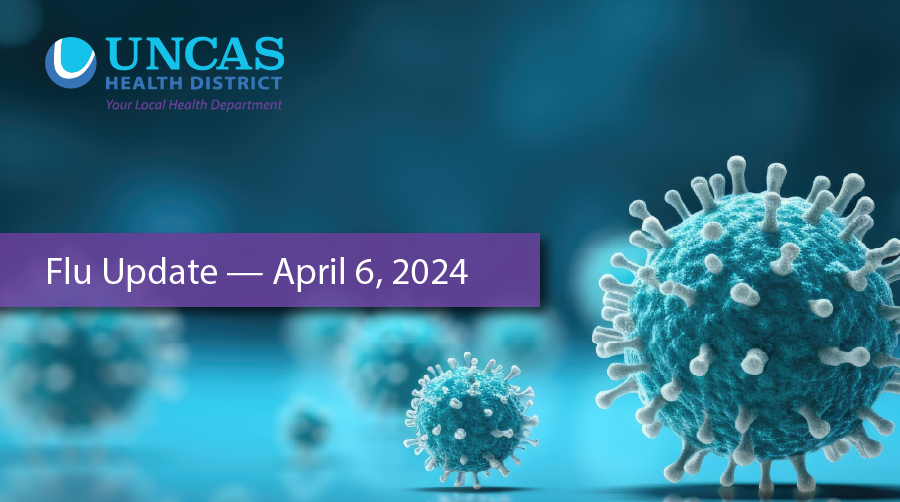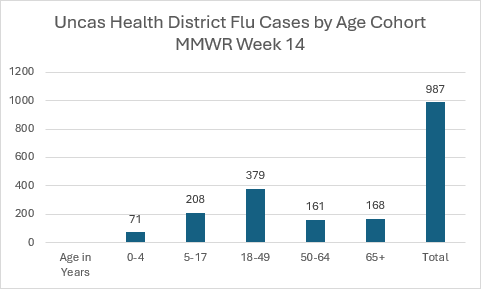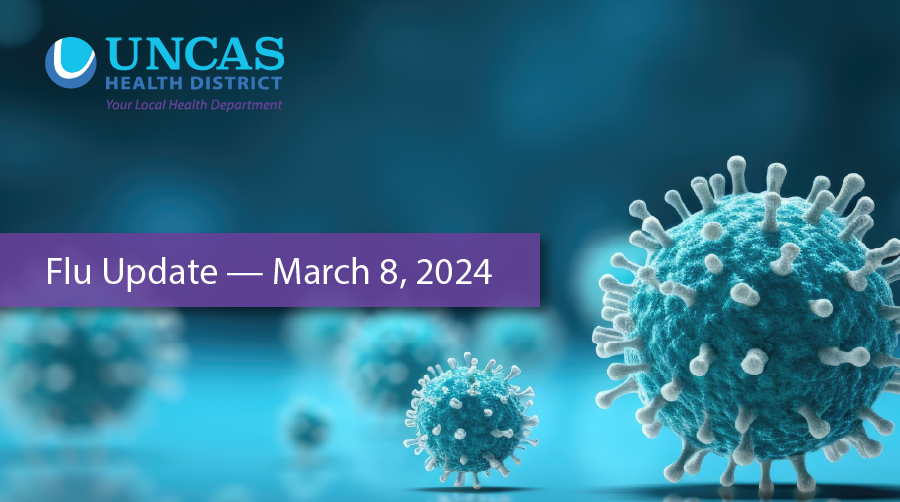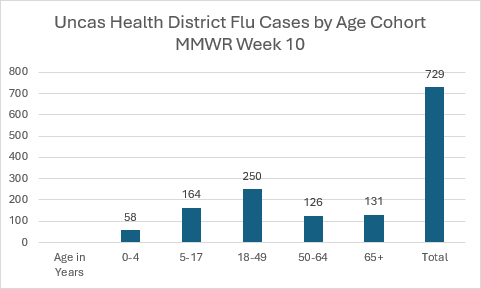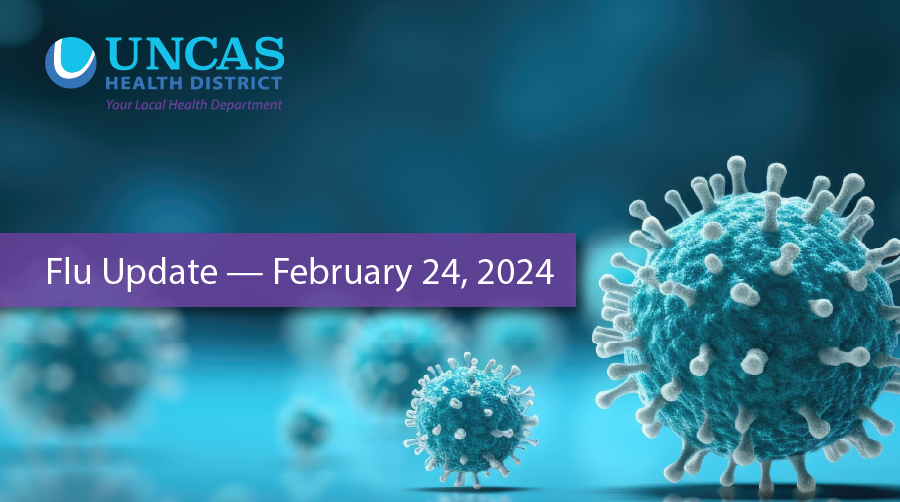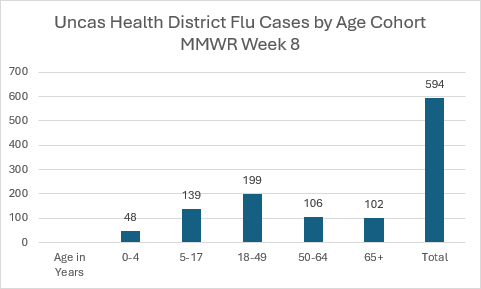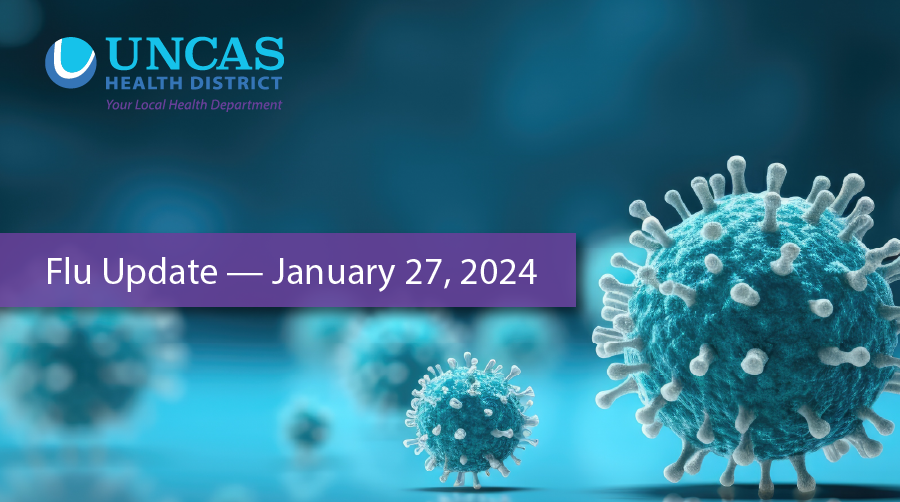The state vaccination rate has declined 6 percent compared to last year.
The Connecticut Department of Public Health (DPH) is urging everyone to give the gift of health, not only to themselves, but also to their family and community, this season by getting vaccinated against respiratory viruses during National Influenza Vaccination Week. The annual observance serves as a reminder that it is not too late to get vaccinated, as we enter peak season that can extend into the spring.
Dec. 1-5 is National Influenza Vaccination Week, and in Connecticut, we have had over 600 flu cases in November. Last month, DPH confirmed the first death from influenza virus this 2025-26 season was an adult Hartford County resident, 80-89 –years old. There have been nine COVID-19 deaths reported this season and zero RSV deaths.
“As we prepare for travel and celebrations in close quarters, we also enter the peak season for respiratory illnesses like influenza, COVID-19, and RSV,” said DPH Commissioner Manisha Juthani, MD. “One of the best ways to ensure a safe and healthy celebration for everyone is by ensuring you and your family are up to date on all recommended vaccinations. If you haven’t gotten your seasonal shots, it’s not too late to protect yourself from potential serious complications and protect our vulnerable populations, including infants, older adults, and people with weakened immune systems who may not be able to get vaccinated themselves.”
Unfortunately, seasonal vaccination rates have declined over the last year. In Connecticut, 1,004,668 residents have been vaccinated against influenza this season so far, compared to 1,068,938 at the same time last year, representing a 6 percent decrease. Similarly, 309,199 doses of COVID-19 vaccine have been administered so far this year, compared to over 432,259 at the same time last season, representing a 28.5 percent decrease.
Vaccines have been rigorously tested and examined for decades and are one of the most significant public health achievements in human history. It typically takes about two weeks for your body to build complete immunity after a shot, so getting vaccinated now ensures you're protected in time for upcoming gatherings.
CT DPH’s current vaccine and prevention guidance to prevent respiratory viral diseases is:
Everyone 6 months of age or older should receive an annual dose of the influenza vaccine.
Everyone 6 months of age or older should receive an updated COVID-19 vaccine.
Adults 60 years of age and older, as well as pregnant individuals, are eligible to receive an RSV vaccine (Abrysvo). A monoclonal antibody, Nirsevimab (Beyfortus), is recommended for all infants younger than 8 months of age who are born during—or who are entering—RSV season.
Residents can receive their vaccines from their healthcare provider, a retail pharmacy, or by visiting vaccinefinder.org to find a vaccination location near them.
For more information on current respiratory virus cases, hospitalizations, and deaths, please visit here.







